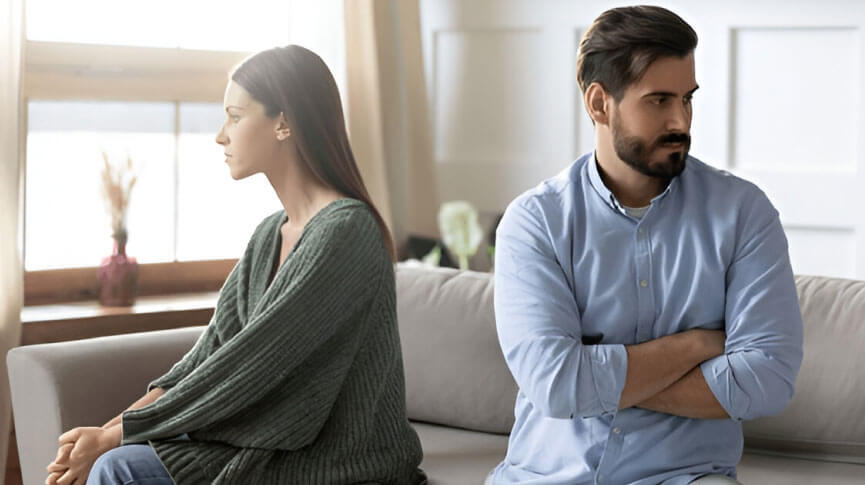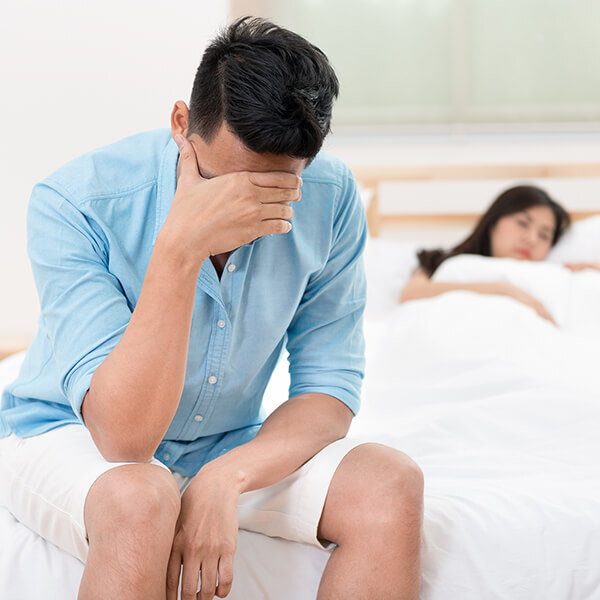
Low libido means having less interest in sex than usual. This can feel frustrating or confusing. If you’ve ever asked, “Can depression cause low libido?”—you’re not alone. For comfort-focused tools and discreet advice, visit our DOXXES store on North Freeway / Little York.
What Is Low Libido?
Low libido is the medical term for a lack of sexual desire over time. It may show up in different ways:
- Superficial: no interest in certain situations
- Deep: a steady, overall disinterest in sex
- Provoked: desire only appears when something specific triggers it
Why Does Low Libido Happen?
Mental and emotional causes:
- Stress or burnout
- Depression or anxiety
- Past trauma
- Relationship issues
Physical causes:
- Illness or infections
- Hormonal changes (like low testosterone or estrogen)
- Pelvic floor issues
- Side effects from medications
Often, more than one factor is involved.
Real-Life Examples and Identifying Triggers
Common examples:
- A person loses interest in sex after starting new meds
- Someone avoids intimacy during a stressful time at work
- A partner feels no desire despite being physically aroused
- Desire fades after arguments or emotional distance
Ways to find your triggers:
- Keep a journal of your mood, stress, and desire
- Look for patterns around activity, sleep, or alcohol
- Try small changes—like using lubricant or adjusting timing
Who It Affects and Why
Low libido can affect anyone. It may harm confidence, self-esteem, and relationships.
- In women, low libido may relate to hormone cycles, pregnancy, or menopause
- In men, it may link to testosterone levels, prostate health, or heart health
How a Sex Therapist Can Help
- Review your sexual and emotional history
- Ask about any pain or discomfort during sex
- Screen for depression, anxiety, or relationship stress
- Teach communication and stress management skills
How to Cope and Treat Low Libido
Supportive options include:
- Talk therapy (individual or couples)
- Hormone checks and treatment
- Lifestyle changes: sleep, nutrition, and exercise
- Reviewing medications that may be affecting desire

How DOXXES Can Help
At DOXXES.love, we offer:
- Water-based lubricants for better comfort
- Pelvic floor tools to improve strength and sensation
- Gentle vibrators for safe stimulation
- Prostate massagers to support men’s arousal
Each product is easy to use and comes with instructions. Pairing these tools with therapy often helps speed up recovery and confidence.
Talking About Low Libido
- Use open, honest words like “I’ve been feeling distant”
- Stick to “I” statements—avoid blaming language
- Choose quiet, private times to talk
- Learn together using trusted information
- Don’t wait too long—get help early
Visit the DOXXES Store on North Freeway / Little York
Our team welcomes you to shop privately and confidently. We’ll help you find comfort-focused, easy-to-use tools and answer questions with care and respect.
Conclusion
Low libido can feel frustrating—but there is help. By understanding the causes, talking openly, and using the right support tools, you can rebuild desire and connection. Visit DOXXES on North Freeway / Little York for trusted help.
FAQs
- What is low libido?
Low libido is a drop in interest in sex that may last days, weeks, or longer. - Can I get care at North Freeway / Little York?
Yes. We offer personalized support for emotional, physical, or hormonal causes. - What causes low libido?
Common reasons include stress, medications, hormone shifts, illness, or trauma. - Is low desire after childbirth normal?
Yes. Hormone changes, tiredness, and emotional shifts can lower desire temporarily. - How is low libido treated?
Through therapy, hormone support, medication reviews, or lifestyle changes. - Do relationship problems affect libido?
Yes. Tension, poor communication, or emotional disconnect often reduce desire. - Does libido change with age?
It can. But many people maintain healthy desire with the right support. - Can exercise help?
Yes. Movement boosts mood, energy, and blood flow, which can help libido. - Do antidepressants lower libido?
Some, like SSRIs, can. Alternatives or dosage changes may help. - What help is available at North Freeway / Little York?
We offer discreet, expert care for intimacy and desire concerns.
